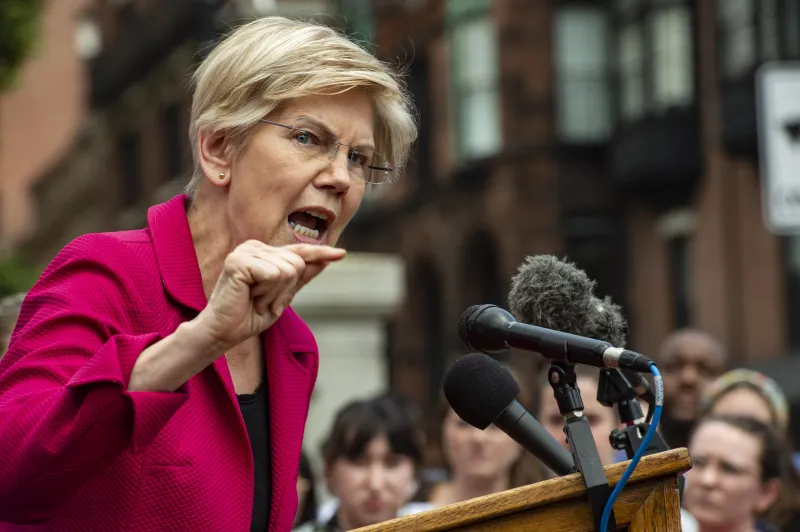
Washington, D.C. Newsroom, Sep 20, 2022 / 16:35 pm (CNA).
A leading international network of pro-life pregnancy centers is pushing back against claims made by U.S. Sen. Elizabeth Warren and other top Democrats that it engages in “misleading practices” and could use the data it collects to incriminate women seeking abortions.
Warren and six other senators made those allegations in a Sept. 19 letter sent to Jor-El Godsey, the president of Heartbeat International.
“We all know what this is,” Godsey said in a statement Tuesday. “This is naked politics intended not to help women but to influence elections. It is clearly a stunt designed to appease Big Abortion power brokers.”
Heartbeat International currently serves over 2,800 affiliated pregnancy centers, maternity homes, and non-profit adoption agencies worldwide.
The senators’ letter claims that the data that the organization gathers from women who access its pregnancy centers is not protected by the Health Insurance Portability and Accountability Act of 1996, most commonly referred to as HIPAA, which grants protections to a patient’s health information.
The letter also requests that Godsey answer more than a dozen questions related to Heartbeat’s operations. One question reads, “Does Heartbeat International share people’s data with anyone? If yes, with whom?”

Godsey says that the senators’ letter is promoting a fabricated narrative based on “unfounded speculation.”
“What we do is safe, secure, and legal. Heartbeat has been providing help for more than fifty years and never once did we receive any of these questions or concerns until recently, and then from those with a clear abortion agenda,” he said in the statement.
“It’s politics, and we regret only that it’s a distraction to our important work of helping women find alternatives to abortion,” he added.
Godsey also criticized the senators who signed the letter for not condemning any of the acts of vandalism that have targeted pro-life pregnancy centers in recent months.
“Instead,” Godsey wrote, “they’ve spent their time fabricating a narrative on unfounded speculation. Rather than finding ways to help women be able to choose something besides abortion, they have used their political powers to bully those who are helping women make life-affirming choices.”
Besides Warren, of Massachusetts, the other senators who signed the letter are Mazie K. Hirono of Hawaii, Cory Booker of New Jersey, Bernie Sanders of Vermont, Ron Wyden of Oregon, Edward Markey of Massachusetts, and Richard Blumenthal of Connecticut.
If you value the news and views Catholic World Report provides, please consider donating to support our efforts. Your contribution will help us continue to make CWR available to all readers worldwide for free, without a subscription. Thank you for your generosity!
Click here for more information on donating to CWR. Click here to sign up for our newsletter.





“Naked politics intended not to help women but to influence elections.” Well said, not unlike Biden’s gambit of debt forgiveness, which sends a rather blunt one word message to all those who dutifully paid off their loans – sucker.
More nonsense from the intellectual elite of the party of death. As November 8 looms closer and closer we can expect more of this from them.